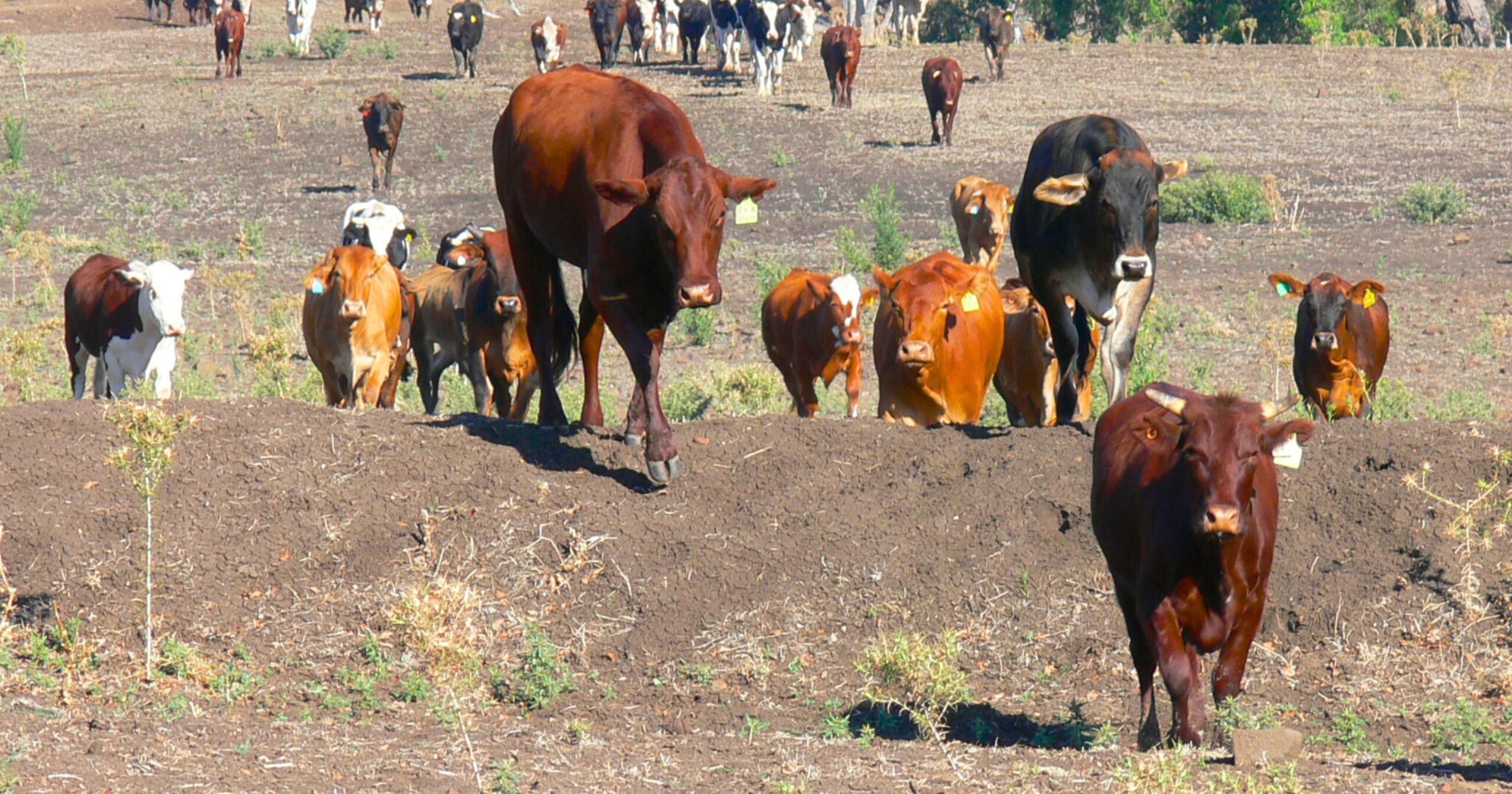Complex rating system
By Kate Taylor
It’s that time of year again, when ratepayers try to understand how the amount they pay in rates will be affected by their property valuations.
This year, some ratepayers will have a rates bill increase of 50 per cent because their property valuation has gone up – and in turn, others will go down to balance out to equal the total rates revenue amount set for the shire.
“It’s a complex thing set by the government,” Moorabool Mayor, Cr Paul Tatchell said.
The first part of understanding the relationship between rates and property valuations is that while the rates increase is capped at the level of inflation, the actual rates bills can fluctuate greatly due to property values. CPI set for this year is 2.5 per cent
The amount that is paid in rates goes to council to spend on roads, infrastructure, rubbish collection etc – and it is a set amount, $33 million this year, which is divided unequally up among properties to add up to that final figure.
Properties that are worth more will pay more in rates and properties that are worth less pay less in rates – if the total rates revenue was a ‘pie’ and that amount doesn’t change, property valuations do not mean there is more ‘pie’, they just mean that a bigger piece of the pie is paid by people with higher property values and smaller pieces of the pie are paid by people with less valuable properties.
Cr Tatchell agreed with the pie analogy – but pointed out it’s a system set out by a state government that doesn’t give Moorabool anywhere near its fair share of funding to then offset how much council has to spend on things like infrastructure projects.
“In Moorabool we like to call it the ‘poor man’s pizza’; we‘d like to call it a pie, but we can’t afford the crust. And our government doesn’t know how to use the pizza cutter.”
The state government has a Valuer General to attach a value to each property and the value is not the actual current market price for a property – it’s the ‘could-be-worth’ figure and not an ‘actually-is-now-worth’ figure, which means that vacant land that can be developed is valued at what it would be worth if it was fully developed, it’s potential value.
It gets even more complex, as Cr Tatchell explains, with the differential rate.
“What the state government always neglects to mention is that your highest differential rate can’t be any more than four times your lowest. What it means is, they give dollar figures for everybody and the maximum you can charge a mining industry for example, then the problem is once you make a differential rate, every time you lower it for pensions or farmers or retirement villages or small business for regional development, things like that to take the pressure off those key areas, then you actually reduce the amount that those higher ones pay because it can’t be more than four times as much,” he said.
Cr Tatchell said there are a couple of points to make about rates – firstly, “rates capping does not cap each individual rate bill that the ratepayer pays, it caps the total rates revenue.”
Secondly, while some residential areas will have reduced property valuations, many farms will have a huge increase because of things like land-banking and developers able to develop certain areas – and that some people might be rated out of their properties.
“The reduced rates amounts will probably be residential areas that haven’t gone up in value – the people that will be hit hardest are ones that have shot up like rural living, and commercial, but there are some areas that haven’t gone up, areas that don’t have sewerage and things like that.
“But someone who has inherited the family home, and their rates bill goes up 50 per cent, and they might not even be able to work, they are probably going to be rated out of their property. It’s a terrible system.
“In this country we talk up economic development – then tax the crap out of it. We talk about giving people a fair go – then we tax the crap out of them. They want people to move to the bush, but they don’t want to put any infrastructure in, and because people move to the bush it puts property prices up and increases rates. We need natural gas and sewerage and water, and we pay a premium for that and not only that, the farms that are providing the food are getting the crap taxed out of them. It’s a terrible system.”
Council has appropriate measures in place if anyone is experiencing financial hardship in regard to rates notices being issued, contact Council on 5366 7100 for a confidential conversation.



















